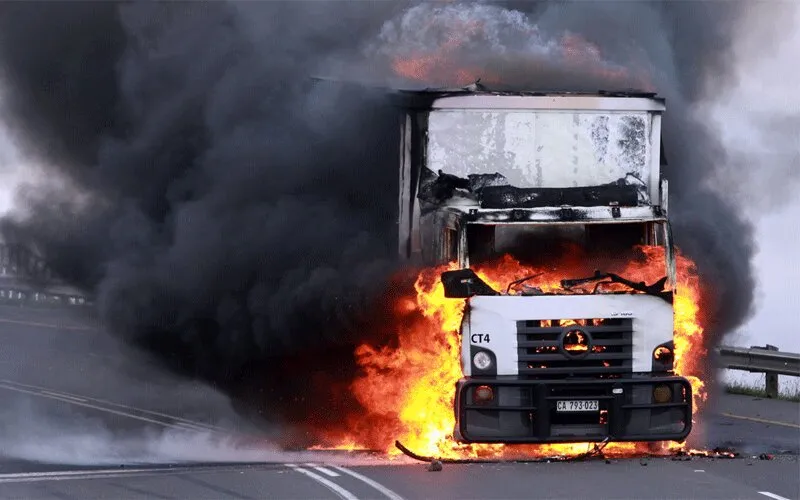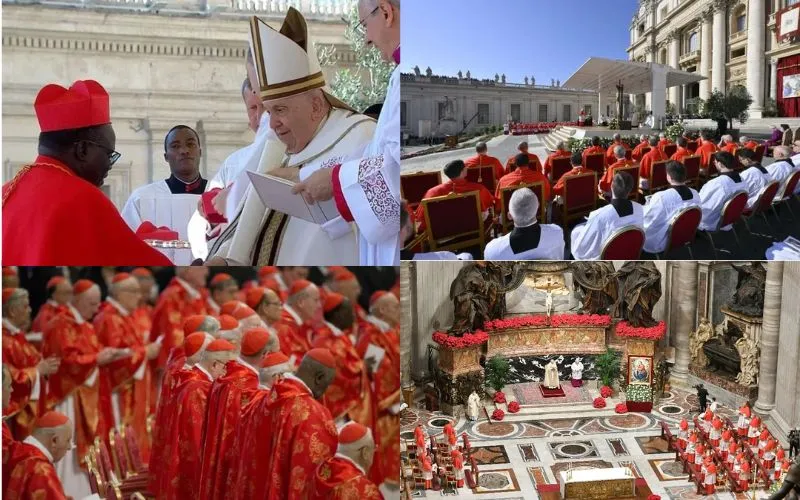In an interview with South Africa’s local media, however, the group denied they were behind the burning of trucks.
The country’s President Cyril Ramaphosa condemned the attacks and said he was deeply concerned about the effect of the violence on owners and employees of the affected trucking companies as well as the economic disruption caused by the acts “just as the country is focused on rebuilding the economy post-COVID-19.”
“As South Africans, we cannot possibly tolerate the mindless and bloody lawlessness with which the road freight industry is being targeted,” President Ramaphosa said, and added, “We cannot tolerate this loss of life and destruction of property.”
The President further said he has directed the country’s Minister of Employment and Labour and the Ministers of Transport, Home Affairs and Police to submit a report to him on the ongoing grievances in the freight industry.
According to the members of SACBC, the current situation in South Africa’s freight industry “is not a new problem.”
(Story continues below)
They say that the volatile situation in South Africa’s road freight industry, which is linked to the concerns of the local drivers, has been going on for more than 18 months.
“It is clear that the recent establishment of an inter-ministerial task team has not resolved the impasse,” the Bishops say in their November 29 statement.
They add, “We therefore make a strong appeal to the president and the inter-ministerial task team to take the country into its trust and explain the lack of progress in addressing the concerns of local drivers.”
Lack of regular communication on the part of the inter-ministerial task, SACBC members say, creates an impression, especially on the local drivers, that the government is not serious about their concerns.
“We also ask the parliament to be more proactive and consistent in demanding answers and accountability from the inter-ministerial task team. It should not do its oversight function on this matter only when the situation escalates to arson attacks and death of a truck driver,” they say.
The Bishops are concerned that drivers in the Southern African Development Community (SADC), an intergovernmental organization for 16 Southern African countries, are threatening to join the violence.
“We have also noted with sadness that the SADC cross-border driver association has signaled its intention to retaliate if the attacks on its drivers continue with impunity,” the Catholic Church leaders say, and appeal to SADC members to exercise restraint, to refrain from retaliation and to consider peaceful resolution of the problem.
SACBC members caution that an all-out war in the road freight industry would only inflict further harm to a regional economy, which they say, is already in deep trouble.
Agnes Aineah is a Kenyan journalist with a background in digital and newspaper reporting. She holds a Master of Arts in Digital Journalism from the Aga Khan University, Graduate School of Media and Communications and a Bachelor's Degree in Linguistics, Media and Communications from Kenya's Moi University. Agnes currently serves as a journalist for ACI Africa.








